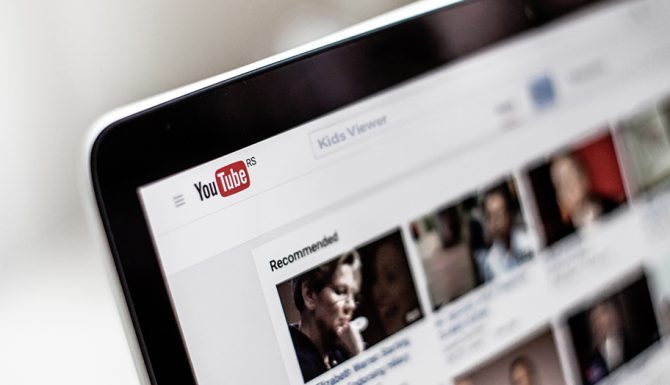As part of YouTube’s settlement with the Children’s Online Privacy Protection Act (COPPA), the company is doing an overhaul of the content intended for children below 12 years old.
The Google-owned company will be rolling out new protections for children watching content on its website and app. This is to satisfy the federal regulators who fined the company $170 million for illegally collecting sensitive information belonging to minors.
COPPA said that YouTube should have sent a notice or parental consent before collecting identifying information of kids. The organization imposes strict rules on how websites, apps, and other online services can handle the data of children ages 12 years old and below.

The overhaul will determine if a viewer is a minor or not based on the videos watched on the platform. All the content detected or marked for kids, the viewers will be considered as children. Even if a verified YouTube Premium user won’t be exempted from this rule.
As for the reduced data collection, ads will be limited for accounts that are viewed or labeled as kids’. Advertisements will be more valuable than ordinary ones and explicit ads will be blocked from the kids’ accounts.
The advertisement part will be tricky because some creators will be affected too. Contents intended for kids cannot run with personalized advertisements, meaning, featuring products related to violence and sex cannot be included in the videos.
In addition to the reduced ads, the viewers labeled as kids’ cannot participate in engagement drivers such as comments, live chats, and receiving notifications.
For YouTube, the overhaul is simply a step up to make the platform safe for children. “[We] are committed to helping creators navigate this new landscape and to supporting our ecosystem of family content,” said YouTube in a statement.
Grey Areas
For privacy experts, the new changes cannot offer better protection, as some children can still watch videos on the platform.
“There’s still a gray area for content that may not obviously be for children but is mostly viewed by children. The burden is largely on creators to police the site and not enough on YouTube,” said Campaign for a Commercial-Free Childhood executive director Josh Golin.
Meanwhile, other social media sites and platforms also receive pressure in relation to protecting user’s personal data and privacy issues. Facebook, Amazon, and Google still remain open for investigations in case a privacy law is violated.
















